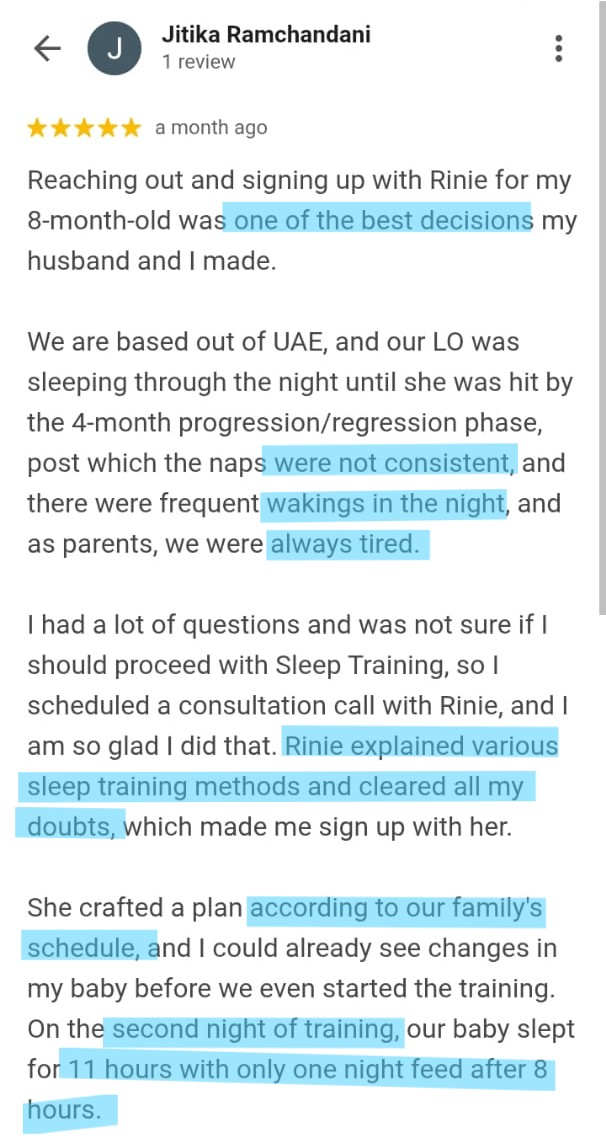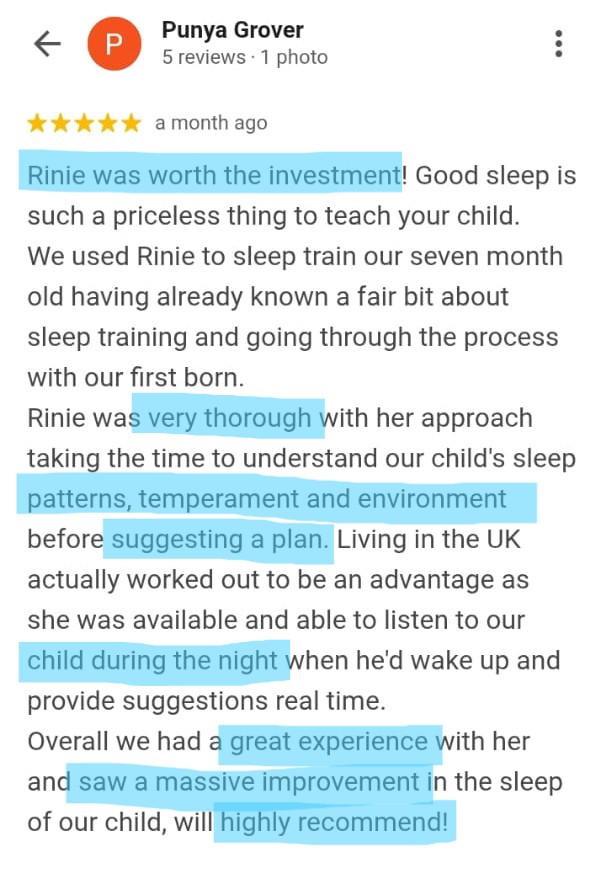Are Breastfed Babies Worse Sleepers?
Oct 27, 2025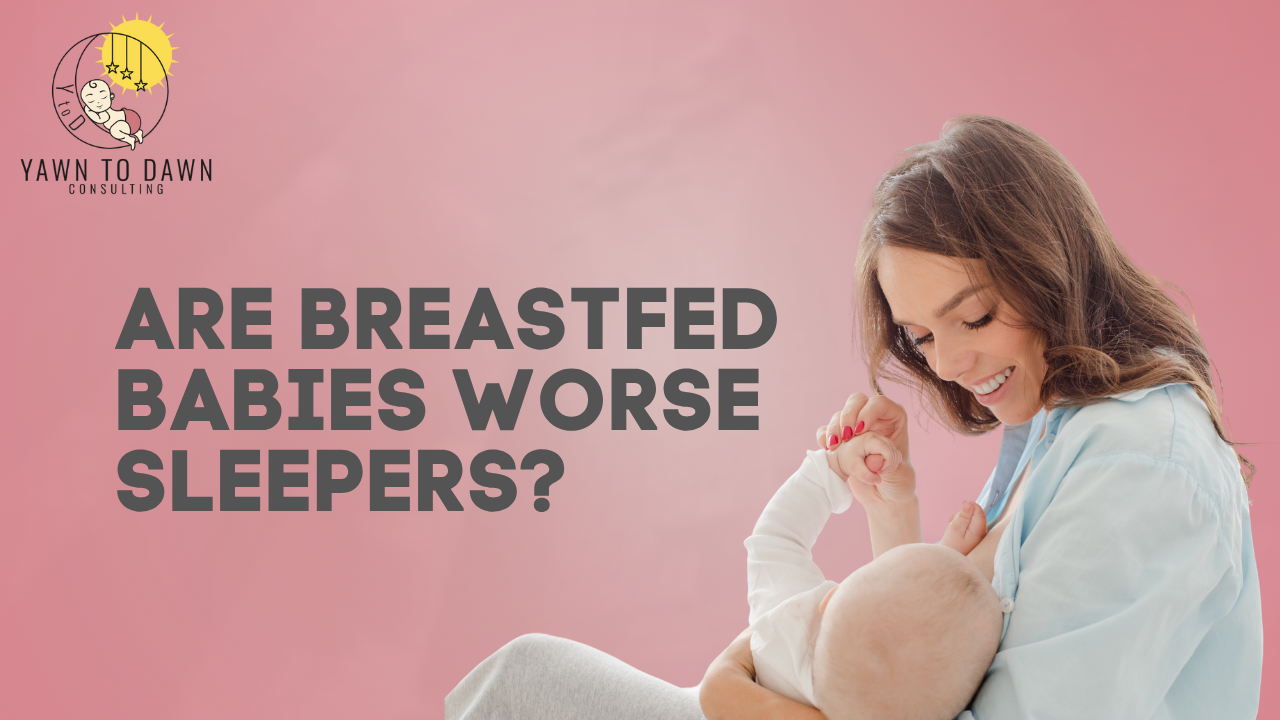
A common belief among parents is that breastfed babies wake more often because breastmilk is “lighter” and digests faster while formula is “heavier,” keeping babies full for longer stretches.
It sounds logical, but research says otherwise.
A study conducted on over 10,321 infants across 14 Asia-Pacific countries found that breastfed babies were not inherently worse sleepers than formula-fed babies.
So what’s really going on?
The Real Reason Behind Frequent Night Wakings
It’s true that breastfed babies often wake more at night and have shorter sleep stretches than formula-fed babies.
But it’s not because of the milk itself or how quickly it digests.
The real reason?
Most breastfed babies are nursed to sleep both at bedtime and for every night waking.
This creates a powerful association between feeding and falling asleep.
So when your baby naturally cycles through lighter sleep stages at night, they wake up looking for the same condition that helped them fall asleep in the first place
Once this “nursing-to-sleep” variable was controlled for, researchers found no difference in night wakings between breastfed and formula-fed babies.
What the Study Found

The 2024 Asia-Pacific Infant Sleep Study which included data from Singapore, Malaysia, and 12 other countries explored how feeding methods impacted sleep duration and night wakings.
While breastfed babies did have more night wakings on average, the study showed it wasn’t due to the faster digestion of breastmilk.
Instead, it was because breastfed babies were typically nursed to sleep at bedtime and for all night wakings.
Once that factor was removed, there was no significant difference in sleep quality between breastfed and formula-fed infants.
This finding challenges the common advice of switching to formula to “fix” sleep issues.
The real solution lies in teaching babies how to fall asleep without needing to feed every time, not in changing what they eat.
Why Some Mothers Feel Pressured to Stop Breastfeeding
Many mothers end breastfeeding earlier than they want to, not because they want to stop, but because of the intense sleep deprivation that comes with multiple night feeds.
Nursing to sleep works beautifully for some, but for others, it leaves them exhausted and overwhelmed.
Some parents begin to feel that stopping breastfeeds, offering formula, or introducing solids earlier might be the only way to solve their baby’s sleep issues.
But that’s not the real solution.
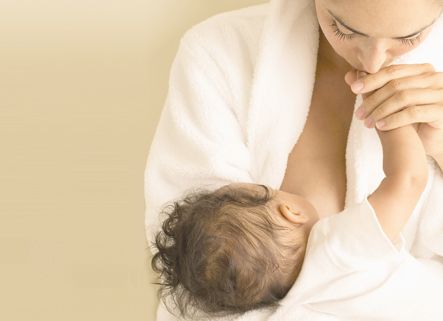
The Better Solution: Teaching Independent Sleep
A more sustainable and supportive approach is to teach your baby to sleep without breastfeeding and gradually extend the gaps between night feeds as your baby grows.
This doesn’t mean you have to stop breastfeeding.
It means helping your baby learn that sleep and feeding are two separate things.
That’s where gentle, responsive sleep training comes in.
Through sleep training, your baby learns how to fall asleep independently without being fed, rocked, or swung and eventually sleeps through the night.
When babies learn to self-soothe, moms often find they have:
- More sleep
- More energy
- A renewed, positive outlook on breastfeeding during the day
In fact, many mothers find that once sleep improves, they’re able to continue breastfeeding for a longer duration because they’re no longer running on empty.
What This Means for You
If your breastfed baby wakes frequently, don’t blame your milk or yourself.
The goal isn’t to switch to formula, but to help your baby build healthy sleep habits.
When you separate nursing from sleep and teach independent sleep skills, everyone in the family rests better without compromising your breastfeeding journey.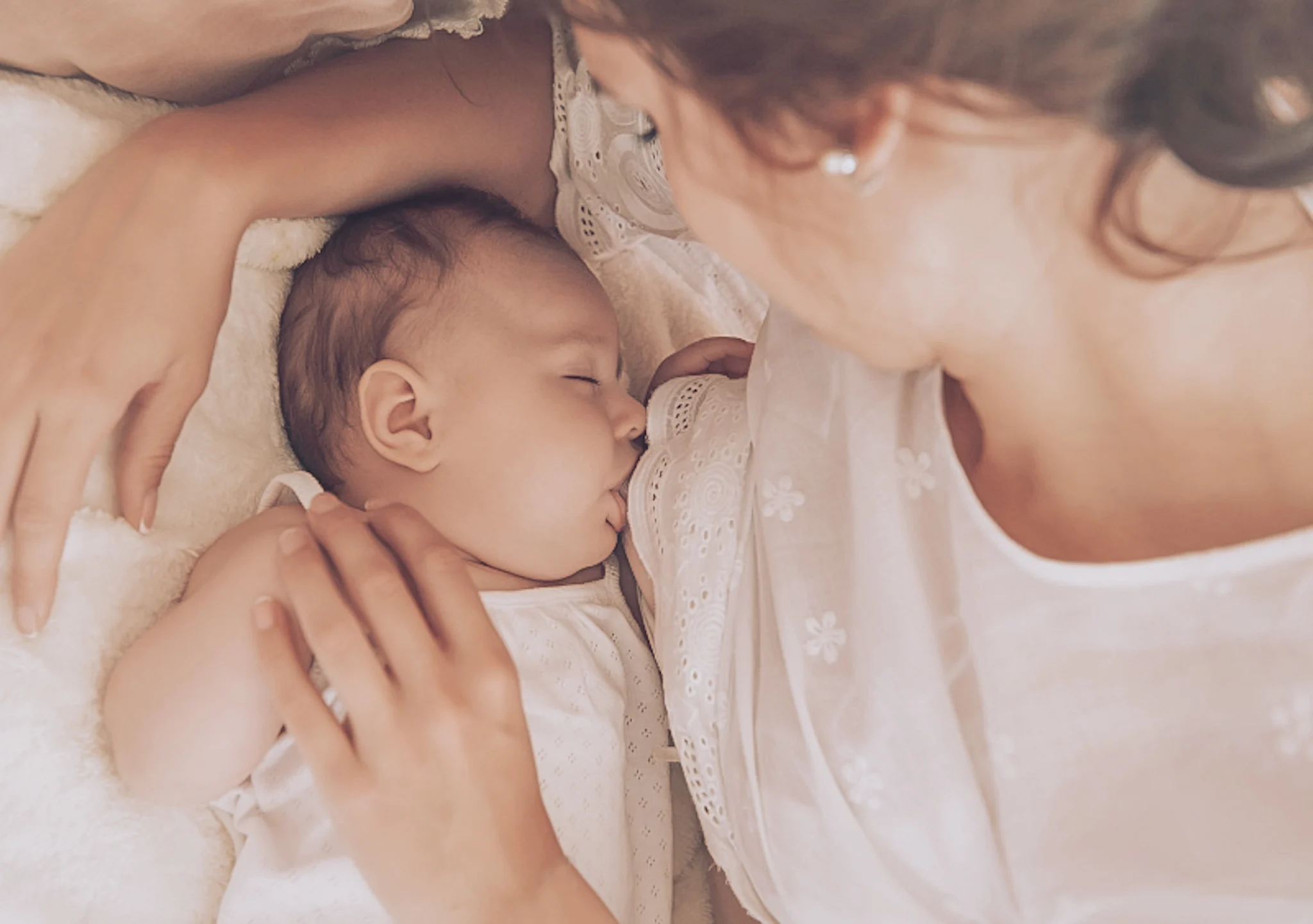
Work with a Certified Sleep Consultant
If you’re ready to help your baby sleep better without weaning or switching to formula, my 1:1 Sleep Training Program can guide you step by step.
It’s a gentle, evidence-based approach designed to help your baby sleep through the night while protecting your breastfeeding relationship.
👉 Learn more about my 1:1 Sleep Training Program
If you found this helpful, you might also enjoy exploring more about your baby’s sleep journey. Learn when it’s the best time to start sleep training, or understand how to sleep train even when your baby shares a room.
